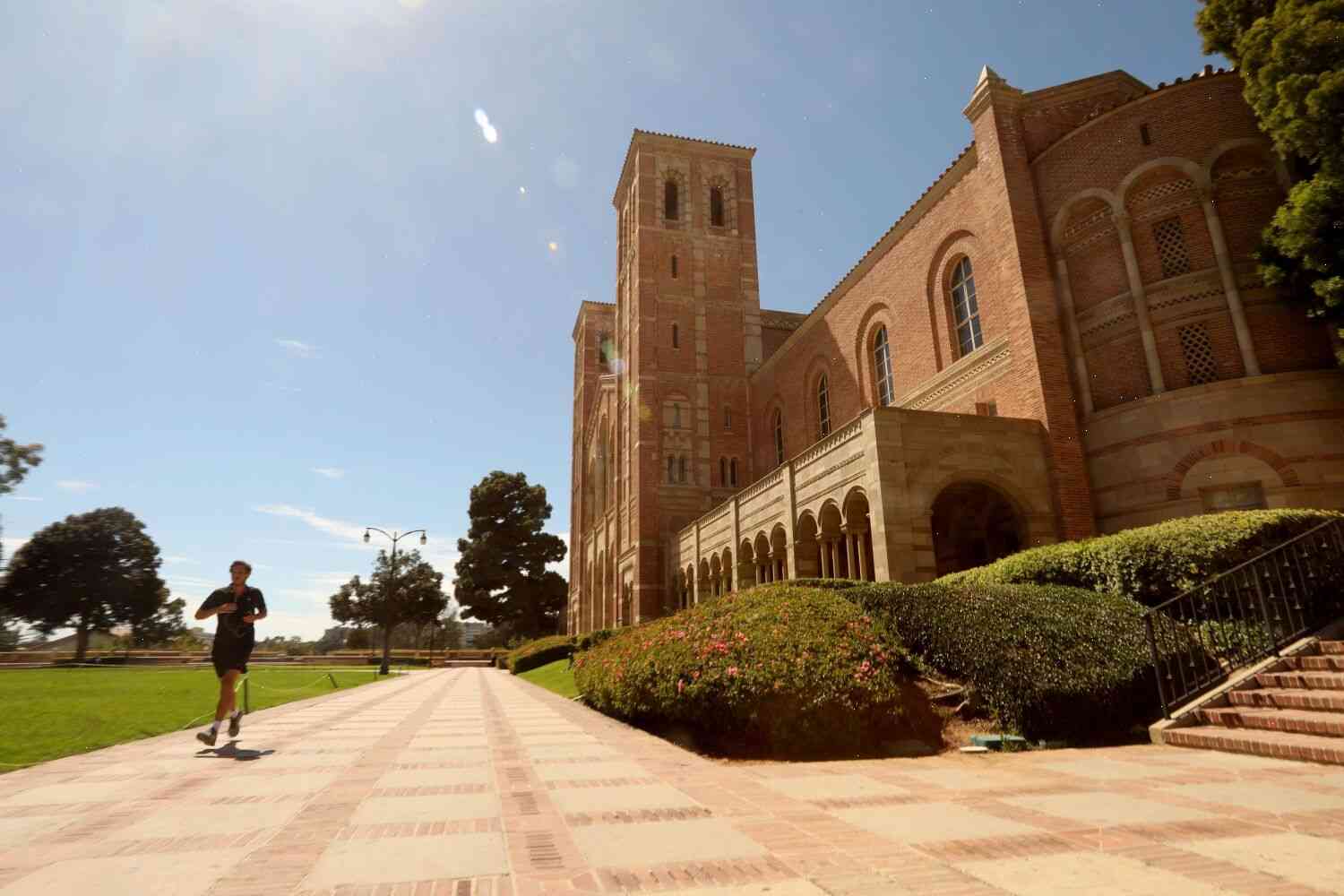Editorial: A strike by UC academic workers would tarnish the prestigious university system and jeopardize public education. And it would be a terrible blow to workers’ rights here in California.
By Tom Balmforth
The strike by university workers is a strike against the public good.
California voters have overwhelmingly passed Proposition 31, which enacts legislation that allows the State University of California to spend taxpayer funds on new higher education. The new spending is paid for by cutting the wages and benefits of state workers, including teaching, nursing, custodial and laboratory aides, and campus police.
California’s universities are publicly funded; yet most of the workers’ wage and benefit cuts have been imposed by private employers, including school districts, which are paid for by the taxpayers.
In the Bay Area region, the employees who make up the bulk of California’s academic and teaching workforce now earn less than teachers in districts with much smaller working forces.
In the 1970s and ’80s, when California’s middle class was growing, UC campuses were the most highly rated in the nation, and the average UC professor earned $90,000 or more per year. Today, these same campuses and professors make up only eight percent of all U.S. university faculty and staff.
The UC faculty is made up almost entirely of adjunct professors, usually students, who work an average of 20 hours per week and usually make under $30,000 per year.
These days, the pay of adjuncts is below that of professors at private universities; at the University of California, many professors earn far more than they would at any college.
If a few of the UC system’s professors were to walk off the job, they and their class would be the source of a strike that would put a serious dent in the university’s finances and prestige.
The real problem is not the strike by the nonprofessors. It is the strike by those who teach the nonprofessors.
Let’s explore this strike, from the point of view of those who actually provide the content for the students: what should they do?
The first, most basic fact that should be clear is that these workers are not educators. They are administrators. They supervise student-teachers, do classroom management, and do all the other administrative and classroom duties that college professors







